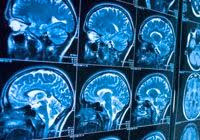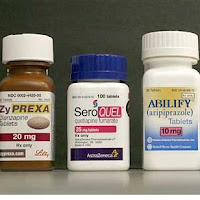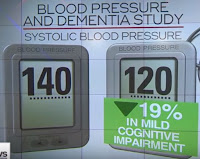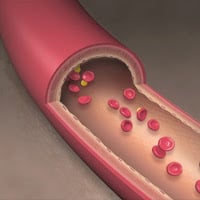
What is Vascular Dementia?
Vascular dementia is one of the 3 leading causes of dementia. When it appears together with Alzheimer’s, as it often does, it is called “Mixed dementia”. Learn what causes it and how to identify different types.

Vascular dementia is one of the 3 leading causes of dementia. When it appears together with Alzheimer’s, as it often does, it is called “Mixed dementia”. Learn what causes it and how to identify different types.

DRINKING beet juice can increase blood flow to the brain in older adults. The way beet juice does this holds great potential for combating dementia.

Outbursts of anger may trigger strokes and other cardiovascular problems that are foundations of vascular dementia. The differences are not subtle, as angry people may be tripling their chances of a stroke leading to vascular dementia. Get the relevant details.

Our change in diet has been proposed as being the underlying reason for the dramatic increase in the prevalence of Type II diabetes that we are observing worldwide in our time. What’s that doing to our brains?

Dementia symptoms such as agitation, psychosis, anxiety, insomnia & depression are often treated with antipsychotic medication. Learn why these medications increase the risk of stroke.

DIAGNOSIS: EMERGENCY ROOM DOCTORS commonly miss strokes, a leading cause of vascular dementia. This is especially true among women, minorities and younger patients. Learn how

VIDEO + ARTICLE: In a 2018 study, treating blood pressure more aggressively lowered odds of developing mild cognitive impairment, a gateway to dementia. CBS News

SPECIAL ANIMATION + TRANSCRIPT: Vascular dementia can be triggered by plaque build-up in brain arteries. This is called atherosclerosis, nicknamed “hardening of the arteries”. See

SLEEP VIDEO & ARTICLE: Deep sleep refreshes. Too little deep sleep and sleep apnea can trigger brain changes linked to vascular dementia. Learn what happens.

Sunlight improves vascular health. That’s good for your heart. Discover the good things it does for your brain.

Empower yourself with a detailed report of your brain’s function, consisting of an assessment of your cognitive function and your brain connectivity with a quick 45-minute on-site appointment.

Kimberly Warnick, Certified Dementia Practitioner and Care Navigator

Selling Alzheimer’s books takes time – buyers rarely commit right away. Smart authors plan for the long game, offering gentle, repeated reminders to buy. No tool does this more effectively or simply than the Alzheimer’s & Dementia Weekly Newsletter service. Keep your book—and its message—at the center of your readers’ attention.

SHORT-TERM MEMORY lapses are obvious signs of Alzheimer’s, but other tell-tale signals begin to show much earlier. Learn how to look for semantic impairments, such as simple questions about size.

Three important dementia studies focus on HS-AGING, a type of dementia almost as common as Alzheimer’s in the 85+ group. Yet few people have heard of it. Why? What makes it different?

An intriguing study of 120 grandmothers might surprise you. Doctors know socially engaged people have better cognition and less dementia. But can a person get too much of a good thing? What’s the right balance?

Enjoy this great duet between a musician with dementia and his son. A triumph of spirit over Alzheimer’s! Sing-a-long if you like!
No spam, only news and updates.



This site was inspired by my Mom’s autoimmune dementia.
It is a place where we separate out the wheat from the chafe, the important articles & videos from each week’s river of news. Google gets a new post on Alzheimer’s or dementia every 7 minutes. That can overwhelm anyone looking for help. This site filters out, focuses on and offers only the best information. It has helped hundreds of thousands of people since it debuted in 2007. Thanks to our many subscribers for your supportive feedback.
The site is dedicated to all those preserving the dignity of the community of people living with dementia.
Peter Berger, Editor